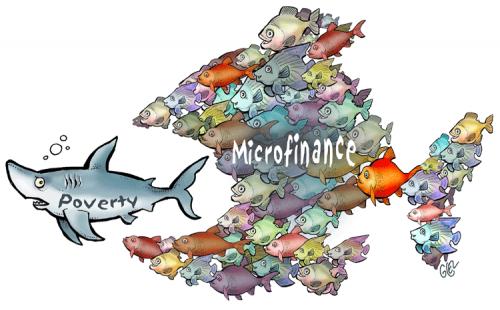This term, I have had the opportunity to put a considerable amount of thought, focus, and effort towards developing myself as a leader. It has been an edifying time, full of learning new things, changing old perspectives, and making fresh goals. Of the many things that I learned this semester, three stand out as particularly impactful: the importance of vision; the reality that conflict not only can be good, it is good; and that a leader must grow and stretch so that he/she truly can lead.
The Importance of Vision
I love the quote from the book 7 Habits of Highly Effective People, “a manger focuses on doing things right, a leader focuses on doing the right things.” A person can be caught up in the completion of day-to-day tasks, work incredibly hard, and be terribly efficient only to discover that they have expended all of their effort doing the wrong things. I have learned that a leader must not only provide immediate direction but must also inspire long-term vision. Having a vision and mission changes ones paradigm from focusing on the day to day grind to concentrating on the uplifting, ennobling, and inspiring. A vision guides our actions and our day-to-day decisions and helps to make sure that they are all compatible with the broader, more profound perspective.
I will employ this lesson by having a clear vision and written mission statement, not only for myself as a leader, but also for each of my programs. I will make sure to refer to this mission statement in order to let it guide my planning and goal setting. I will also use it as an assessment tool for periodic personal evaluations.
Conflict Not Only Can Be good, It Is Good
Throughout my life, I have been scared of conflict. I simply hate any form of interpersonal friction. As such, I have often engaged in flight rather than fight. Most the time, it is a good thing to avoid conflict, but I now realize that it has also contributed to me missing some important healthy conflicts that would have facilitated growth opportunities for myself and others. My experience in BYUSA this summer has helped me to see conflict differently—to shift my paradigm. I am now starting to internalize the principle that conflict can be both a healthy and fruitful thing.
As I lead in my capacity as an executive director, I will engage in healthy conflict. I will generate light and not heat through meaningful, adroitly-handled disagreements. I will not avoid conflict in fear of being uncomfortable when it is necessary. This being said, I will not create conflict, be belligerent, nor be divisive. I will make sure to see these goals come to fruition through active effort, conscious recognition, specific plans, and personal evaluations.
A Leader Must Grow and Stretch So that He/She Can Truly Can Lead
While serving as a missionary in Sierra Leone and Liberia, I learned the lesson that leadership stretches an individual. Though I have served in various leadership capacities since my mission, I feel that I had forgotten what it means to be a true leader that is motivated by the desire to inspire their followers. Somehow, I had taken on the manager role and forgotten what it means to be a true leader.
This class has helped me remember not only what I need to do but what I need to feel as a leader. I need to feel in a position intellectually, organizationally, and spiritually so that I can inspire, motivate, and effectively direct people. I will make sure I keep this mindset in the fall by consistently remembering this principle and asking myself whether or not I feel this impetus. If I do, I will know that I am invested in my role as a leader and that I have the proper focus.


